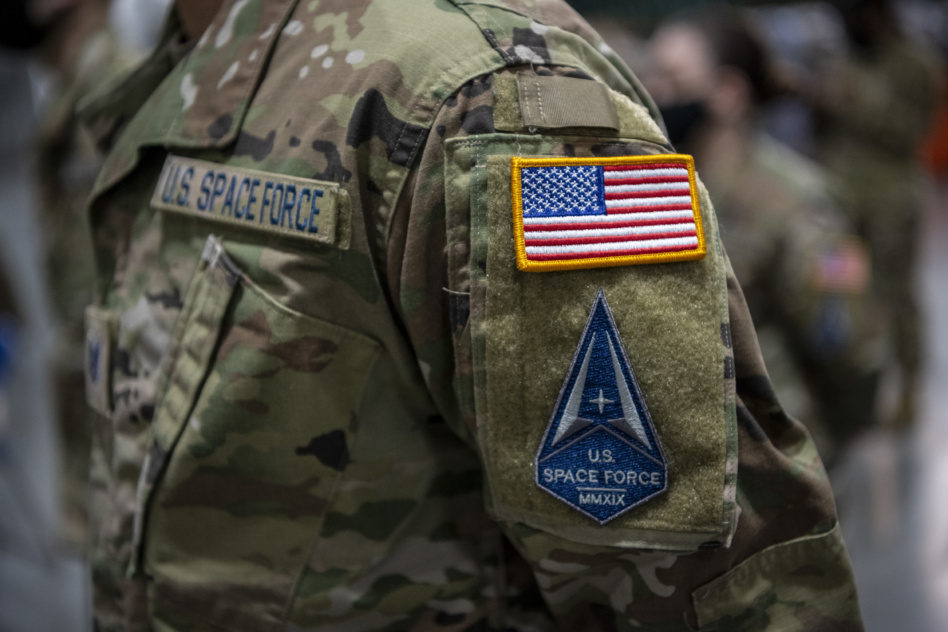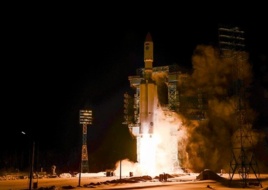Congress is trying to make sure troops who contributed to national security space missions before the Space Force existed are recognized as honorary members of the service.
A bipartisan group of House members introduced the Space Force Legacy Guardian Recognition Act in July, just before lawmakers jetted home for their August break.
The bill was introduced by Reps. Don Bacon (R-NE), Salud Carbajal (D-CA), Brian Babin (R-TX), Ted Lieu (D-CA), and Doug Lamborn (D-CO).
The details: The bill would give the Air Force the authority to designate former Airmen as honorary separated members of the Space Force, or “Legacy Guardians.” No one would be granted the status automatically under the bill. Instead, the legislation simply opens the door for the Air Force to establish criteria for who would be eligible, an application process, a certificate or other way to recognize the former space operator, though Legacy Guardians would not get any additional benefits.
The bill only applies to former members of the Air Force, though space operators have served in the other services. The Army, Navy, and Marine Corps would be able to also adopt the program if they wanted to, according to a congressional staffer.
Why it matters: It’s more than just a name change, according to one of the sponsors of the bill.
“I have talked to many servicemembers who have felt like their service record doesn’t fully reflect the important work they did on space missions now with the addition of our newest service branch,” Carbajal told Payload in a statement. “It may seem to some to be a cosmetic and administrative change, but I know it will mean a lot to any retired Airman who worked as one of the pioneers of space operations, keeping on the cutting edge and laying the groundwork for the Space Force.”
What’s next? While the standalone bill has not advanced since it was introduced in July, similar language is included in the House version of the fiscal 2024 NDAA. The Senate’s annual defense policy bill does not include the provision, meaning lawmakers will have to work out a compromise on the proposal during the conference process.
One potential reason for optimism: Lamborn and Carbajal, two of the bill’s co-sponsors, are conferees for the NDAA, meaning they’re in position to directly push for its inclusion.





